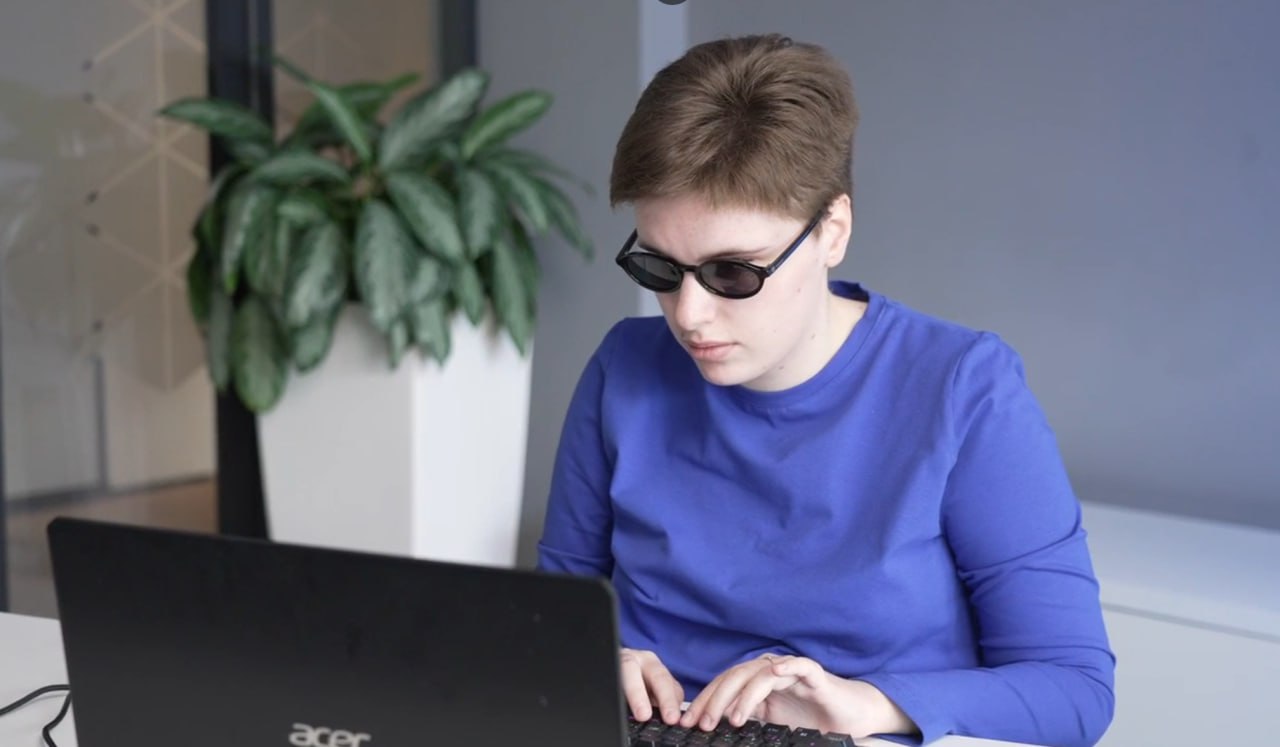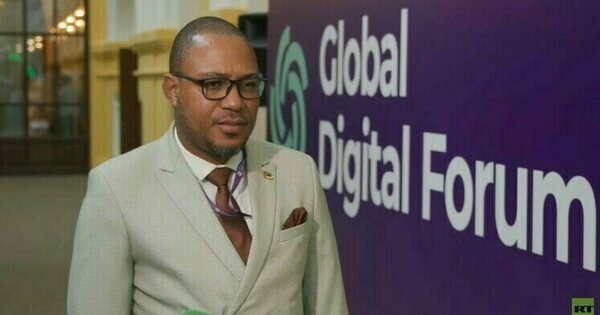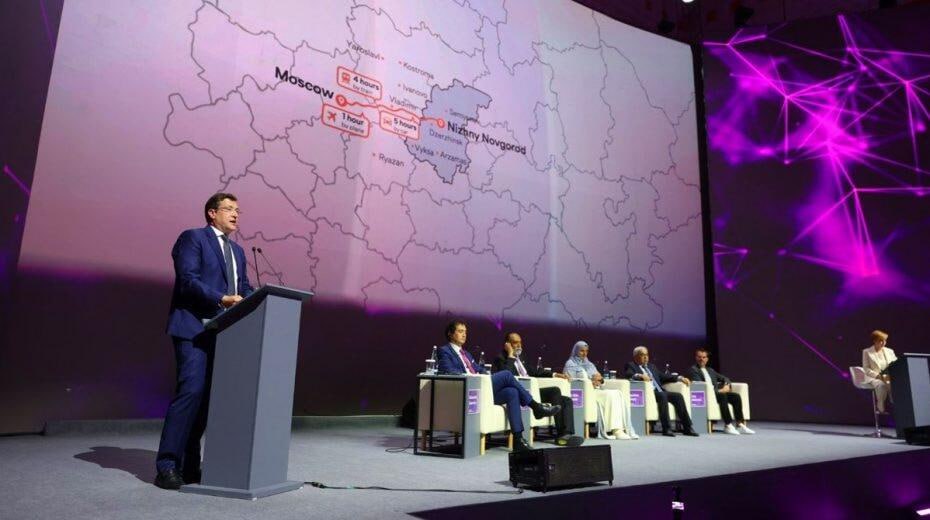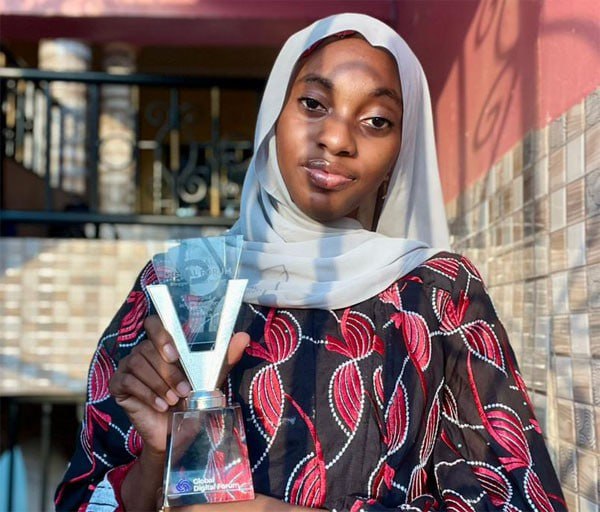Мир стремительно меняется под влиянием климатических катастроф, вооружённых конфликтов, демографических сдвигов и медицинского прогресса. Всё больше людей сталкиваются с временными или постоянными ограничениями по здоровью, требующими адаптации как физической, так и цифровой среды. В этом контексте тема инклюзии перестаёт быть вопросом узкой социальной повестки и становится базовым элементом устойчивого развития общества.
Особую значимость приобретает цифровая инклюзия — возможность равного доступа к технологиям, информации, коммуникациям и образовательным возможностям для всех, включая детей и молодёжь с инвалидностью. В условиях цифровой трансформации именно технологии становятся ключевым инструментом для включения, социализации и раскрытия потенциала этих групп. При этом глобальному обществу надо найти адекватные ответы вызовам: низкий уровень доступности цифровых сервисов на развивающихся рынках, недостаток ассистивных решений и отсутствие системной координации между государством, бизнесом и гражданским обществом существенно тормозят прогресс.
Растущая значимость мобильных приложений и решений, развивающихся в тандеме с искусственным интеллектом, машинным обучением и большими данными, открывает новые горизонты. Эти технологии способны не просто компенсировать ограничения, но и расширять свободы: помогать учиться, общаться, работать и выражать себя в цифровом пространстве на равных с другими.
Особое внимание требует вопрос цифровой инклюзии в образовании. Без развития адаптивных платформ и обучающих инструментов для детей с инвалидностью невозможно говорить о реальной равности шансов и возможности самореализации. Между тем, образовательные и технологические решения часто создаются без учёта специфики таких пользователей, что требует переосмысления подходов и нормативной базы.
Для устойчивого развития инклюзивного общества также необходимо формирование цифрового гражданства, в рамках которого государственные и общественные институты обеспечивают механизмы активного включения людей с инвалидностью в социальную и экономическую жизнь. Речь идёт не просто об удалении барьеров, но о создании системной, человекоцентричной среды — по-настоящему доступной, безопасной и открытой для всех.
Сессия «Инклюзия как новая норма. Открывая свободу цифрового мира» станет площадкой для обсуждения передовых практик и стратегий: от объединяющих технологий на emerging markets — до конкретных мобильных решений, которые уже сегодня меняют жизни людей. Диалог между экспертами в области равных прав, представителями ИТ-бизнеса, разработчиками и НКО поможет наметить ориентиры развития цифровой инклюзии как обязательного стандарта будущего.




